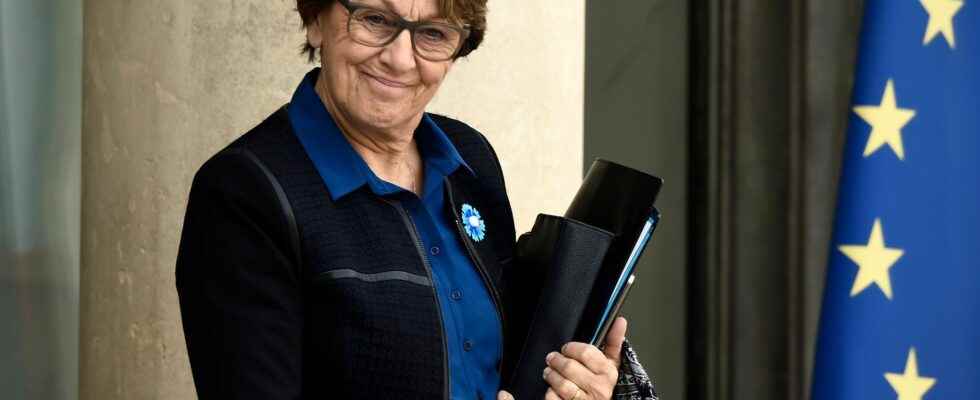It is the return of the new communes. While the communities seemed to have lost interest in this local entity, which had experienced a spectacular boom in the last decade, thehe Association of Mayors of France (AMF) currently lists some fifty projects grouping of villages. Created in 2010, then facilitated by the Pélissard law in 2014, the municipal merger regime led to the creation of 795 new municipalities, bringing together around 2,500 communities until 2019. Before experiencing a period of calm, with only a few dozen mergers in the past three years. Former Minister of Decentralization under François Hollande, Marylise Lebranchu (PS) analyzes the evolution of this movement to transform the territory.
L’Express: Why was the principle of merging municipalities introduced in 2010?
Marylise Lebranchu: The idea of allowing two territories to merge was born to respond to the lack of means of the municipalities, which needed at all costs to create more local public services. Too many municipalities had difficulty meeting the basic needs of their new inhabitants: here we needed early childhood services, there we did not have enough staff to have enough classes at school.
You should know that unlike the State, a municipality cannot exceed its budget, because it does not have the right to borrow money. The merger of municipalities has made it possible to pool resources and distribute services across the territory. Many municipalities have also come together to be able to create social housing, and thus allow SMEs to develop on their territory, and to be able to house their employees.
Another advantage: being united gives them a greater voice within the intermunicipalities. It is a local political issue: it allows them to have more of a say in the management of water and electricity, which are essential local skills.
L’Express: After a few years of calm, the creation of new municipalities is on the rise again. How to explain it?
ML: The fiscal context has changed a lot in recent years for municipalities. The abolition of the housing tax initially, then of the CVAE (the contribution on the added value of companies, a local tax owed by companies to local authorities, Editor’s note) from 2024 will greatly reduce their resources . It is in my opinion a gross error on the part of the Macron government to strip the municipalities.
On the one hand, it has discouraged municipalities from coming together, because those who hoped to merge to create small craft areas, which would increase their CVAE and the supply of trade for their inhabitants, have less interest in doing so, and less resources. On the other hand, in the context of declining resources in the face of inflation, it will be even more necessary for the villages to pool their resources. The increase in the cost of electricity should in particular be a booster for the merger of municipalities. Many elected officials have had to stop their municipal projects this past year because of the cost of energy.
L’Express: Is the resumption of merger projects good news, in your opinion?
ML: The demand for state services is increasing all the more now that inequalities are also increasing. The gap is widening between citizens’ incomes and the cost of living. However, as we know, public service is the heritage of those who have none. People in rural and peri-urban areas need that, they ask for it: we saw it very well with the yellow vests. It is a question of daily quality of life. The merger of municipalities can make it possible to solve this problem in many cases.
The time has come for “better thought out mobility”, we cannot ask people to take the car as soon as they need to take their children to school, to the library or to sports. We have a duty today to provide a minimum service to citizens, close to home. The priority is to think about territories and their development. Because metropolisation, if it meets macroeconomic needs such as research, the development of higher education, will never meet the daily needs of the French.
L’Express: The merger of two municipalities is done without consulting the inhabitants. Do we not underestimate people’s need to belong to their village?
ML: The new commune takes nothing away from the identity of a village. Local identity is built on a place, a story. On a different scale, France did not lose its identity by integrating Europe. It is the same thing for the new communes, which function like a syndicate of co-ownership. The villages must know how to continue to exist through these logistics performance tools. In reality, the new municipalities have changed habits, but not the territory. What is more, this pooling also regularly makes it possible to create social ties, with the birth of new associations or sports complexes, for example.
